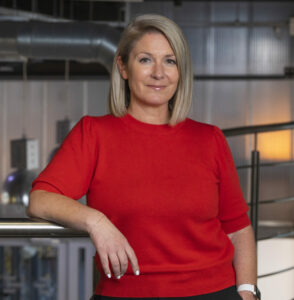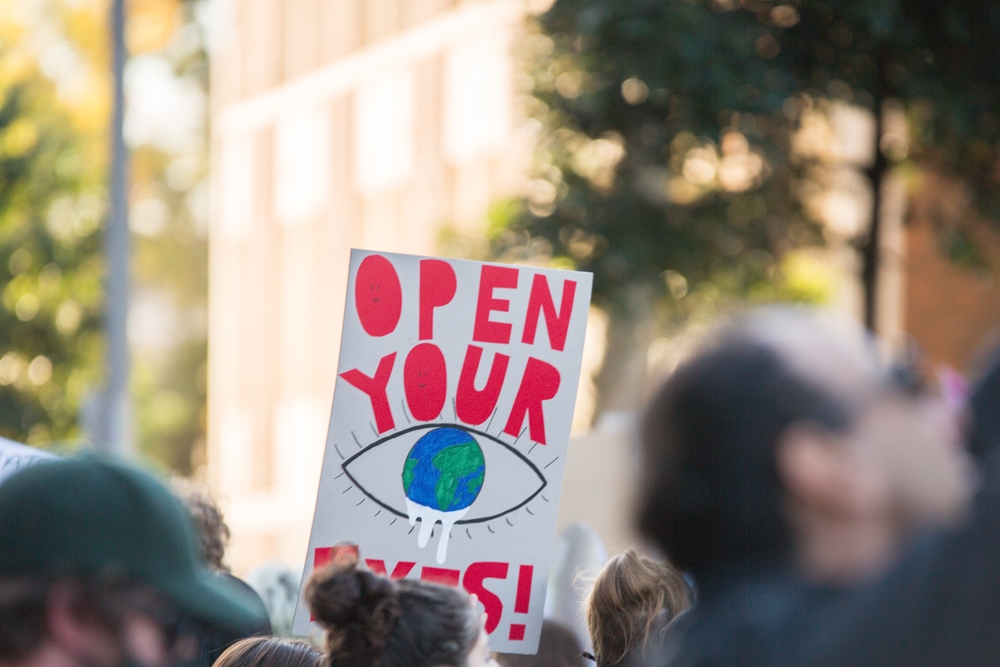Every day, dedicated volunteers and organisations are harnessing the power of surplus redistribution to uplift communities and protect our environment.

From nourishing meals to essential household items, redirecting excess goods is a simple yet profound way to address critical needs while preventing valuable resources from going to waste. However, as circularity becomes more commonplace, outdated policies are holding back the full potential of this virtuous cycle.
With an election fast approaching, and the cost of living crisis and the nations’ finances on the agendas of all parties, Neighbourly COO Zoë Colosimo explains why now is the time to update the rules to empower even greater community impact.
The pressing need in our communities
While surplus redistribution already supports millions, the need remains vast. The Joseph Rowntree Foundation 2024 UK Poverty Report notes with the cost of living crisis continuing to impact families, in October 2023, 4.2 million households are going without essentials, and 3.4 million households reported not having enough money for food.
Our own research from November of last year, with members of the Neighbourly network of good causes and local charities, found that 81% said that demand for their services had increased over the preceding 3 months.
While surplus redistribution must not be seen as the solution to poverty and destitution in our society, Neighbourly believes that unlocking the full power of redistribution is an undeniable imperative.
A vast opportunity to do more
Each year in the UK, over 9 million tonnes of edible food goes to waste – enough to feed 30 million people. Simultaneously, there are perfectly good household products being discarded that could be redirected to those in need, from clothing to kitchenware to electricals.
The will from across the industry to create positive change is clear, with many retailers signing up to campaigns such as this one from the British Retail Consortium (BRC). But outdated policies are creating barriers.
Subscribe to Sustainability Beat for free
Sign up here to get the latest sustainability news sent straight to your inbox everyday
Neighbourly is calling on the incoming government to implement these two key policy changes which could facilitate redistribution on a greater scale:
1. Removing VAT on product donations to charities.
Currently, businesses must pay value-added tax on items they donate, representing an unnecessary cost that limits the volume of redistributed goods. Enabling tax relief for these charitable donations could increase available resources for community groups by millions of pounds each year, as called for by the BRC.
Former Prime Minister Gordon Brown, who has championed multi-banks – a single location which combines the support of a food, baby, hygiene, furniture and clothes bank into one location – is also a vocal supporter of the move.
2. Aligning rules for fresh food donations.
Stringent food handling rules for charities collecting surplus food, particularly around how and when produce is frozen, is resulting in significantly less food going into charity redistribution networks.
Aligning standards to be consistent with consumer practices would unlock a vital stream of fresh, nutritious food for those struggling with hunger. Our estimates indicate that a potential 3.3 million meals worth of food per week could be unlocked and distributed to those in need in the UK, from supermarkets alone.
Food safety will remain paramount in any regulation change, but there is clear justification for revisiting the way the rules currently operate in response to the significant need in communities and ambitious environmental goals.
The power of policy updates to reflect the age of circularity
Modernising these two policies would be transformative. More supplies for families in need, more household necessities for struggling people – and the impacts would ripple through communities.
Businesses would also benefit from deeper community relationships and the opportunity to progress with environmental targets. There are also reputational benefits, as our recent polling on levels of trust show that 62% are more likely to trust a company which contributes to the community where they live or work.
While global crises can feel daunting, positive solutions are within reach through the simple act of redistribution. By unleashing the full potential of circularity, we can ease burdens on households, protect the environment, and exemplify how core societal needs and environmental progress can go hand-in-hand.
With an update to these outdated policies, the party in power after 4 July has an opportunity to create a positive legacy for years to come.










